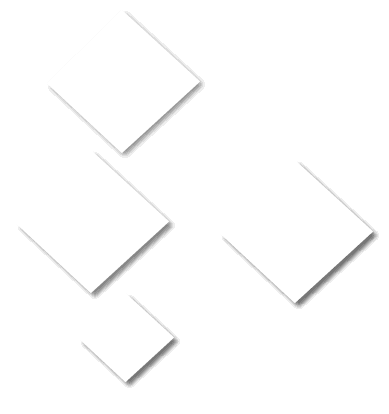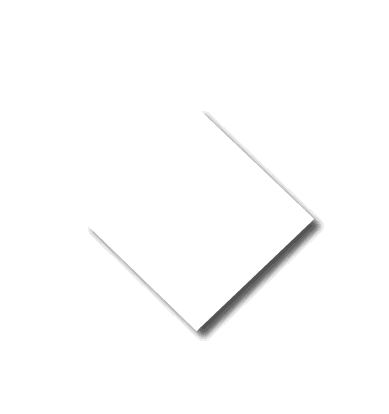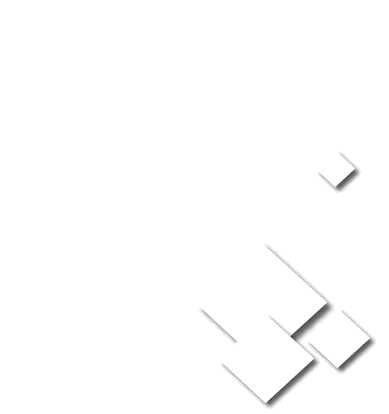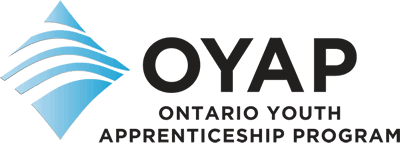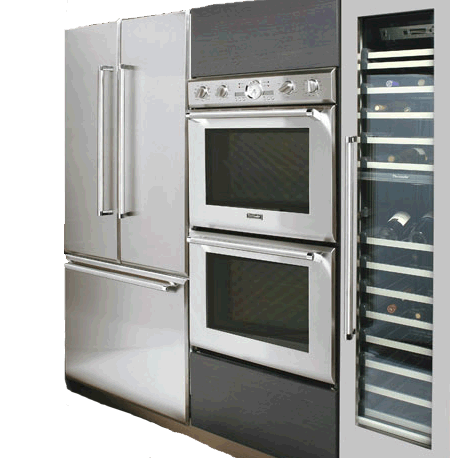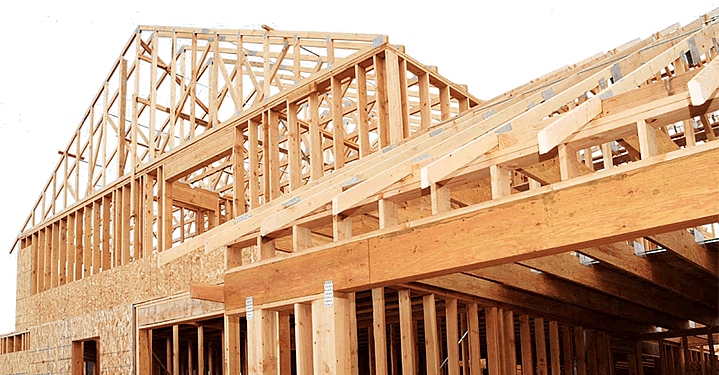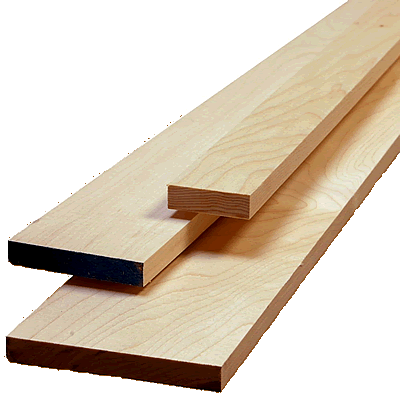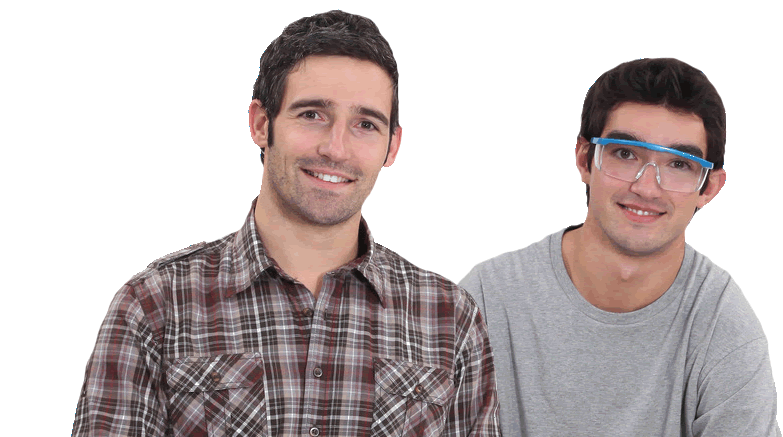What is Experiential Learning?
Cooperative Education is a mode of learning that combines classroom study with experiential learning for high school credit that enables students to apply and refine the knowledge and skills acquired in the classroom to the workplace. Co-operative Education is a partnership between Students, Parents, Teachers, Business, Industry, and Community organizations, in developing a cohesive approach to career exploration, experiential learning and career planning.
This exciting program provides secondary school students with opportunities to:
Enhance in-school learning and earn secondary school credits through relating classroom instruction to the training station experience.
Explore potential career options by assessing their abilities and interests in a specific field.
Develop employability skills and gain practical experience essential in today’s competitive job market.
Acquire confidence and self-reliance in preparation for entry to permanent employment
Students receive 1 credit per each 110 cooperative education credit course completed. Often Co-op is 2 credits, with options to take more credits in Co-op education.
Cooperative Education requires a personalized placement learning plan (PPLP) developed by the Co-op Teacher in conjunction with the workplace supervisor in order to properly assess and evaluate the learning at the workplace. In addition, students must complete pre-placement, placement and reflective learning activities and assignments throughout the duration of the course. Students are selected for co-op through a counselling and monitoring process in collaboration with guidance counsellors and administrators to determine the student’s suitability for the program.



